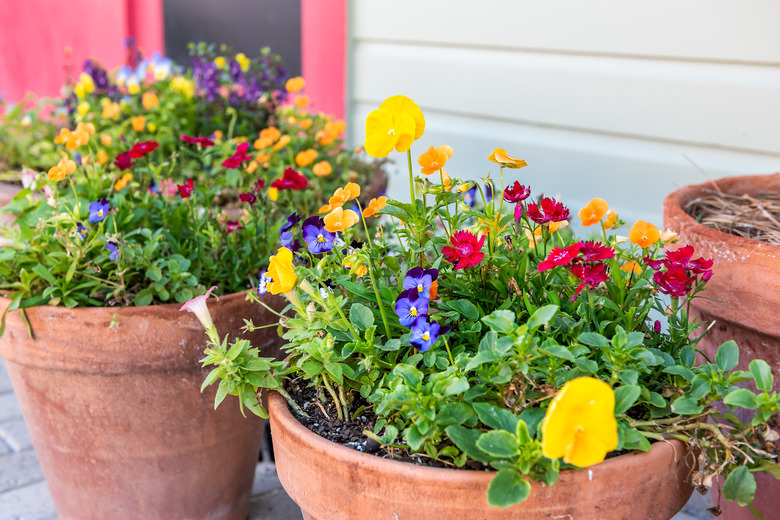Science Fair On How Vitamin C & Ibuprofen Affect Plant Growth
Plants need water to survive, but many other factors can affect their growth including temperature, soil quality and nutrients. Vitamin C — an important antioxidant for humans — also has useful functions in plants. Unlike humans, plants can create their own vitamin C and it plays a role in their growth and development, as well as dealing with environmental stress. Ibuprofen — a medication used as a pain reliever — can enter the waterways through sewage systems and eventually be absorbed by plants. This experiment examines the effect of these two compounds on the growth of plants.
Prepare Solutions
Prepare Solutions
Prepare a solution of vitamin C by dissolving a crushed 1000 mg vitamin C tablet in one cup of water. Prepare two additional solutions by dissolving two and three pills in one cup of water. Prepare three solutions of ibuprofen in the same way, using one cup of water and one, two and three tablets of ibuprofen. Prepare additional batches of these solutions throughout the experiment as needed. Students may also devise and test their own solution concentrations.
Prepare Plant Pots
Prepare Plant Pots
Prepare two small pots for each type of solution that will be used to water the plants. For example, use six pots each for the vitamin C and ibuprofen solutions — two pots for each concentration. Also prepare two pots for the control solution — plain water. In total, prepare 14 same-sized pots by filling them with equal amounts of potting soil and moistening them with the same amount of water. Label the pots with the type of solution that will be used to water the plant.
Grow Plants
Grow Plants
Use the same type of seed — such as beans or peas — for each pot. Plant the seeds according to the instructions on the packet and place the pots in the same location in a sunny spot or under a grow light. Water the plants regularly — at the same time for all plants — with the appropriate solution. Use the same amount of water or solution for each plant. Record the watering schedule in a lab notebook.
Record Growth
Record Growth
Make observations of all plants at the same time and at regular intervals. Record characteristics such as the height of the plant, number of leaves and the overall health of the plant. Enter this data in a table, organized by the measurement and the solution used to water the plant. Continue observing the plants until they're fully mature.
Summarize and Present Data
Summarize and Present Data
Prepare tables that summarize the data collected for each plant. For simplicity, use separate tables for the plants watered with the vitamin C and ibuprofen solutions. Create a graph of the plant growth over time, with days on the x-axis and height in centimeters on the y-axis. Include all six solutions and the plain water. On the graph, use the average measurements for the two plants watered with the same solution. Look for other ways to present the data, such as pictures taken throughout.
Cite This Article
MLA
Radcliffe, Shawn. "Science Fair On How Vitamin C & Ibuprofen Affect Plant Growth" sciencing.com, https://www.sciencing.com/science-ibuprofen-affect-plant-growth-8681559/. 22 November 2019.
APA
Radcliffe, Shawn. (2019, November 22). Science Fair On How Vitamin C & Ibuprofen Affect Plant Growth. sciencing.com. Retrieved from https://www.sciencing.com/science-ibuprofen-affect-plant-growth-8681559/
Chicago
Radcliffe, Shawn. Science Fair On How Vitamin C & Ibuprofen Affect Plant Growth last modified August 30, 2022. https://www.sciencing.com/science-ibuprofen-affect-plant-growth-8681559/
